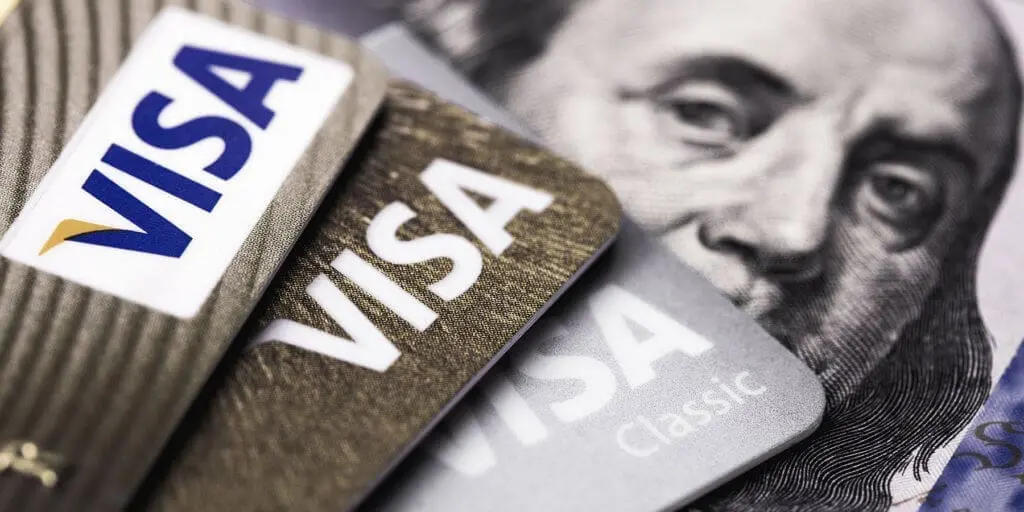Pandemic remains biggest threat to Visa’s profitability, despite Amazon fallout
Speaking to Third Bridge Forum, the specialist also discussed the long-term trajectory of Visa’s network and interchange fees, implications of A2A payments across payment flows, and the potential fallout from incentivising fintechs to use Visa rails.
The pandemic continues to have a negative effect on Visa, the specialist said, with low consumer spending and low travel having “long-lasting real impacts” on the company’s profitability. Despite concern over its recent dispute with Amazon, the specialist claimed it is yet to have “much effect on Visa’s actual business and actual outlook”.
This could change if issuing banks, which have been affected by Amazon’s decision to pull UK-issued Visa cards as a payment method, decide to move away from Visa. The specialist said a decision “could go either way” if the dispute continues to be a problem long term.
In terms of Visa’s network and interchange fees long term, the specialist said regulation will continue to be the biggest pressure point. In the US, the specialist cited potential new regulations requiring PIN-less debit – currently a choice in the country – as something “that would have a major impact on Visa’s pricing”.
Visa also faces long-term challenges from emerging technologies that merchants can use to reduce payment costs. Buy now, pay later companies are not considered a serious problem but different kinds of payment and banking methods “will continue to be the biggest threats to Visa”, the specialist warned.
Becoming “obfuscated” from consumers is also a big concern for Visa, with fintechs such as Klarna continuing to build large, loyal customer bases that are eating into Visa’s brand equity. “Visa spends billions of dollars to make sure their brand is a trusted brand by consumers, and if that starts to erode or they become just so back end, you lose a lot of the value of Visa,” the specialist said.
The emergence of A2A payments is also a threat to Visa outside of the US long term, but the specialist said it’s going to take “a lot of time and a lot of scale and adoption” from payment networks and emerging rails before it gets there. Mastercard is better insulated from the impact of these payments through its decision to build the underlying infrastructure that builds a lot of real-time rails, although this was something the specialist felt Visa did not need to do.
Finally, the specialist called Visa’s recent decision to offer financial incentives to fintech companies such as PayPal, Stripe and Square a “dangerous slippery slope” that could cause other platforms to ask for similar treatment. However, the specialist acknowledged that the move was a short-term “band-aid” for Visa as it looks to buy time and decide how best to ensure it doesn’t lose them.
To access all the human insights in Visa – network fee outlook & impact of account-to account payments, click here to view the full transcript.
The information used in compiling this document has been obtained by Third Bridge from experts participating in Forum Interviews. Third Bridge does not warrant the accuracy of the information and has not independently verified it. It should not be regarded as a trade recommendation or form the basis of any investment decision.
For any enquiries, please contact sales@thirdbridge.com



